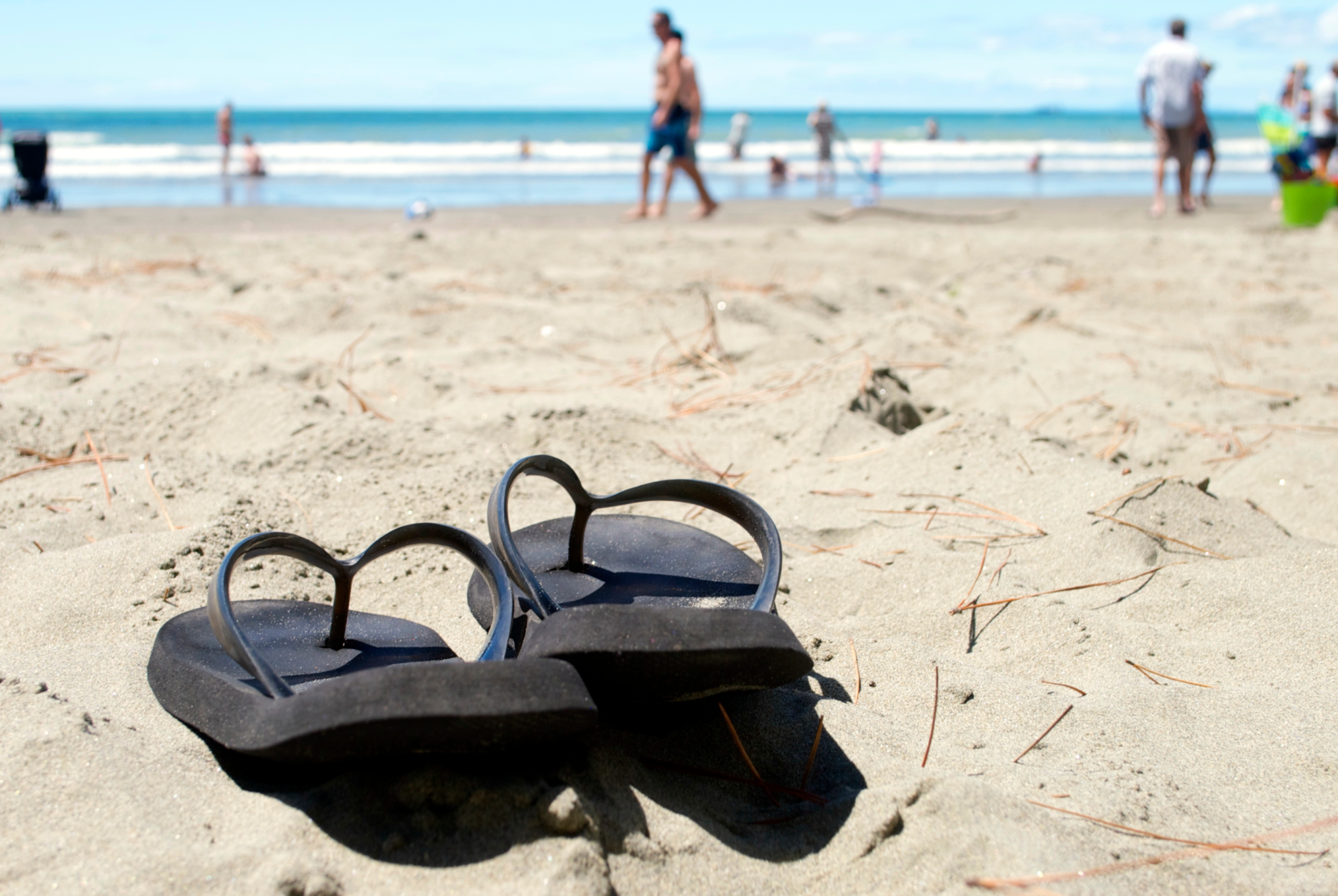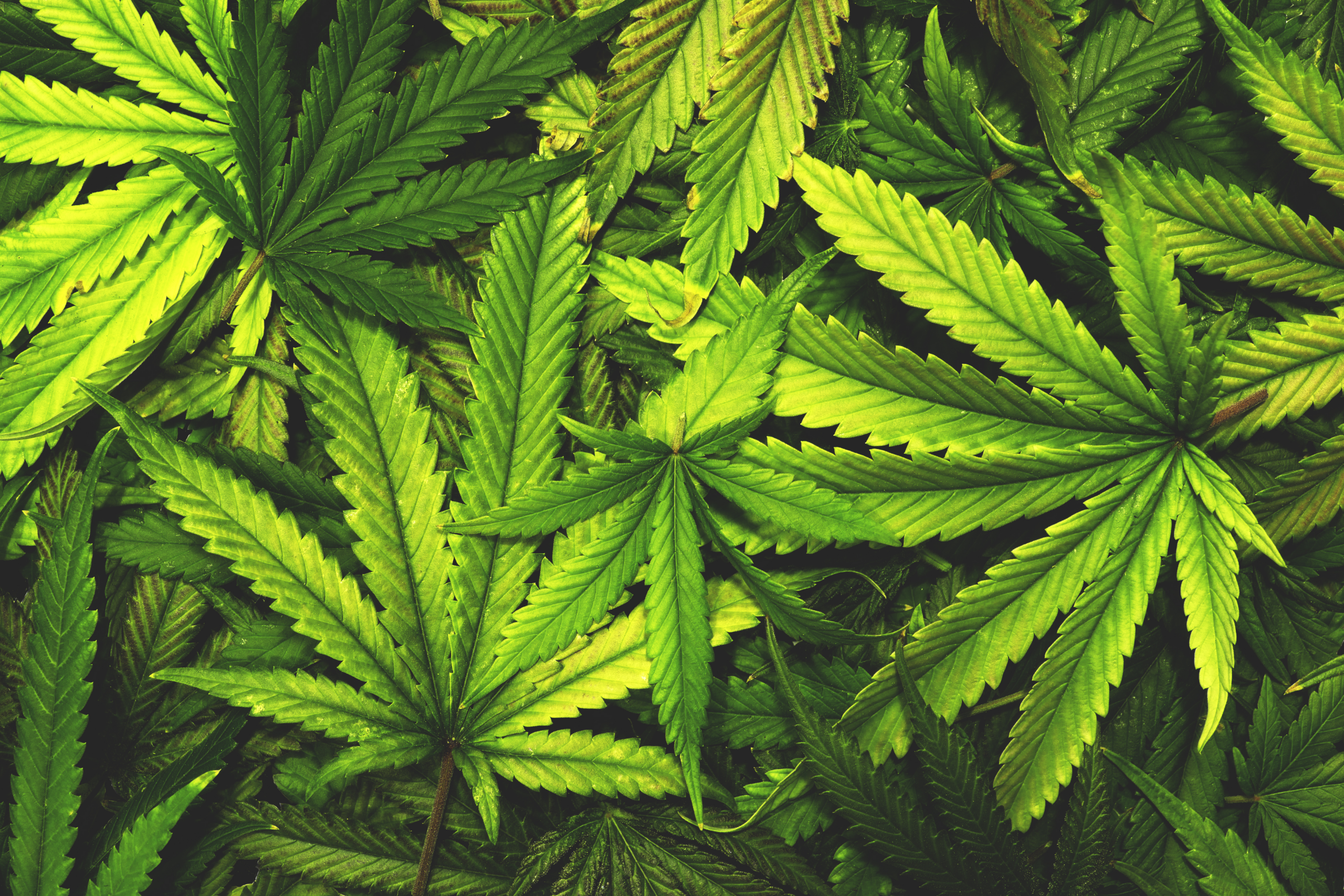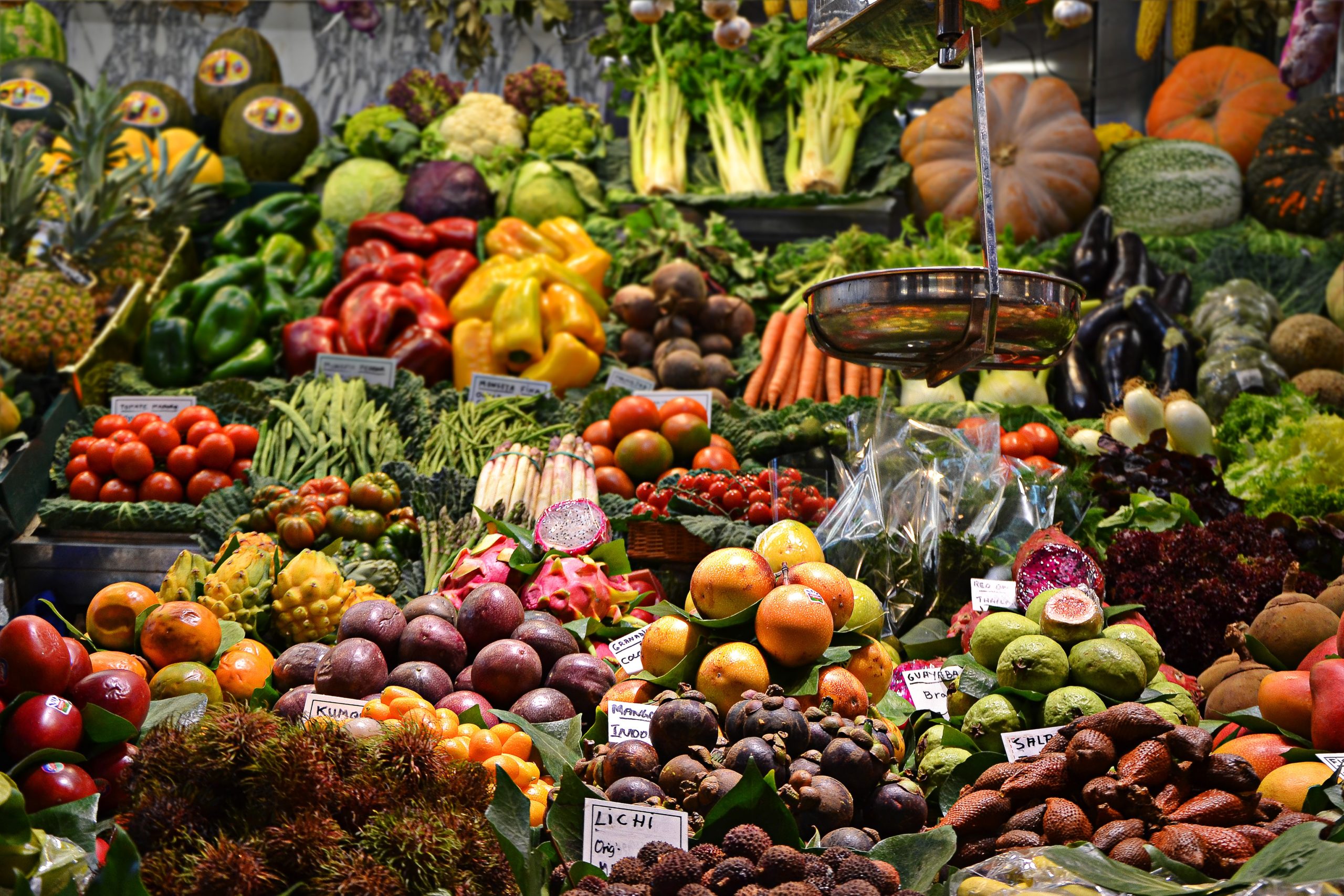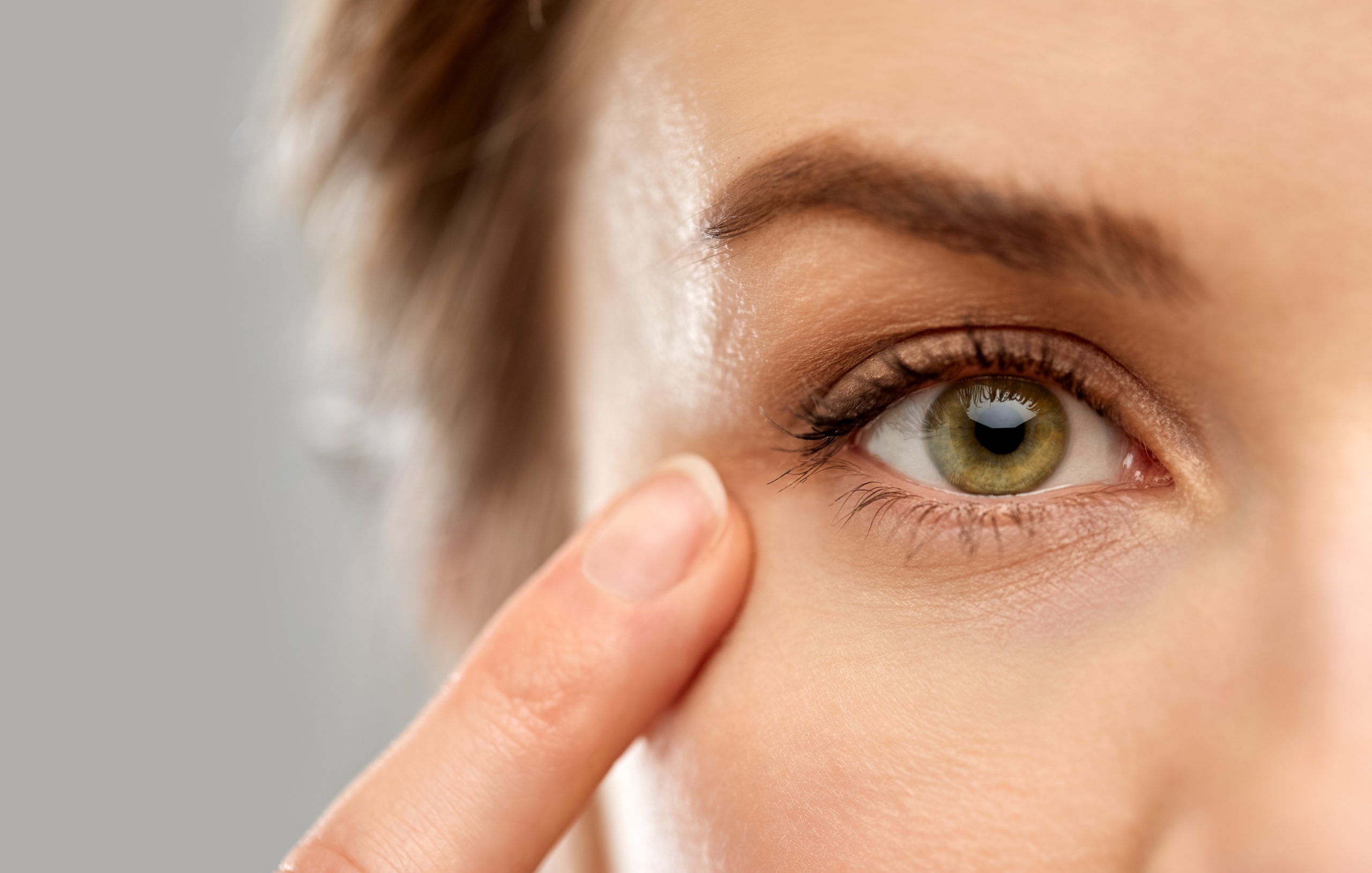
Wellington Eye Centre Optometrist
Many of us have had an occasion where we drank enough alcohol to alter our vision, at times this might be humorous, but it can also be distressing and dangerous. But why does it happen? And can alcohol have permanent effects on our eyesight?
Alcohol is classified as a Central Nervous System Depressant, meaning that it slows down brain activity. By affecting the central nervous system, it means alcohol can affect all of our systems. It does this by slowing the messages our brain sends to the various parts of our bodies, like our muscles. This relaxes our muscles so they don’t work as well or as fast as they usually do. Vision requires some very delicate muscle coordination, and when this is slowed, our vision will be affected too.
The short-term effects of drinking alcohol
Since alcohol relaxes your muscles. This includes the muscles that help us see, slowing these down will affect our vision in numerous ways.
If you slow the muscles that control our eye movements and the focussing of our vision we will experience;
- Blurred vision
- Double vision
If you slow the muscles that control our pupil size we will experience;
- Difficulty adapting to fast changes in light
- Sensitivity to bright lights
- Difficulty seeing in low light levels and high light levels
- Reduced contrast sensitivity – this means trouble telling the differences in shading and patterns.
- Reduced peripheral vision – similar to tunnel vision.
Lastly, if you slow the muscles that control our eyelid movement you can experience;
- Dry Eyes – we need good eyelid tension to produce tears
- Myokymia – a repetitive eyelid twitch, as the eyelid muscles fatigue
For the most part, these changes to our vision wear off as our body processes the alcohol out of our system.

The long-term effects of drinking alcohol
So we’ve discussed how alcohol changes our vision in the short term, but what happens when we drink more frequently? Or heavily? And over longer periods of time? What are the permanent effects?
The muscles that slow down during alcohol consumption can become permanently weaker, causing permanent issues with blurred or double vision and with dry eye. More regular alcohol consumption causes the blood vessels on the whites of our eyes (conjunctiva) to dilate and thicken – making our eyes look red.
But long-term alcohol consumption can also increase our chances of developing;
- Early Cataracts – as early as 40 years of age.
- Optic Neuropathy or Optic Atrophy – an irreversible loss of vision. Sometimes called Nutritional Optic Neuropathy.
- Damage to the Retinal layer of our eyes – such as retinal vein occlusions, central serous chorioretinopathy, or hypertensive retinopathy.
- Early Age-related Macular Degeneration (AMD)
Should I avoid alcohol after my laser vision surgery?
You don’t need to avoid alcohol after your laser vision surgery, but be mindful of your intake.
In the first month after all laser vision correction surgeries, dry eye can be a significant issue. Dry eye can slow your post-surgical healing, reduce your comfort and reduce your vision. Since alcohol can increase dry eye issues, it makes sense to be wary of drinking too much. It pays to note, quite a few people never feel that their eyes are dry after surgery – but there may be signs of dry eye that you can’t feel.
In the first month after LASIK or PRK procedures, you need to avoid rubbing your eyes and you need to avoid getting things in your eyes. Just make sure your alcohol consumption hasn’t relaxed you to the point that you may no longer have the coordination or awareness to stop yourself from rubbing your eyes or to avoid getting items in your eyes.
After any vision correction surgery your brain is having to learn to process your vision in a new way. That can be challenging – so you probably want to avoid adding other stresses to the visual system, like the blurring or double vision from alcohol.
But how do you decide what is too much? Is one glass of wine too much? Sadly there is no easy-to-define cut-off mark. One glass of wine will affect people differently. Factors like gender, weight, and food consumption can alter the effect alcohol will have on you.
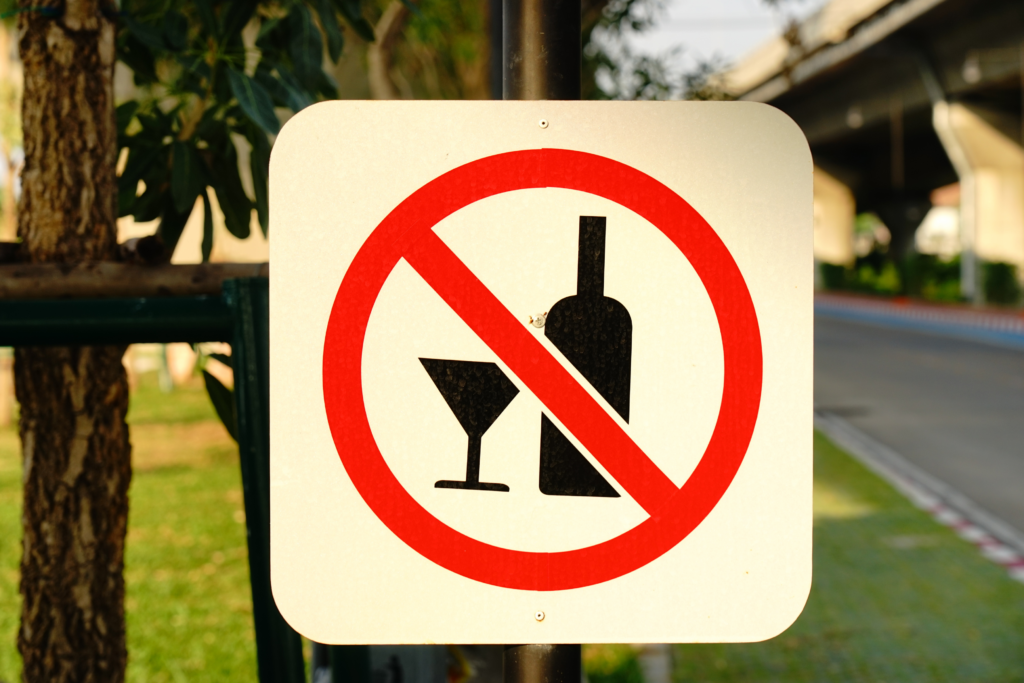
Am I drinking too much?
Reading blogs and articles about how drinking can have detrimental effects on your body can be confronting and confusing. One article might say the negative effects only happen with ‘heavy’ or ‘regular frequent’ drinking. But what constitutes heavy or frequent drinking?
Well, it can depend on what reference you use, but “light” drinking can be considered 1.2 drinks/day, “moderate” drinking as 2.2 drinks/day, and “heavy” drinking as 3.5 drinks/day. Abusive drinking has been defined as 5.4 drinks/day.
But other studies look at the number of drinks consumed over a week. So ‘heavy drinking’ was defined as 8 or more alcoholic drinks per week for women and 15 or more drinks per week for men.
And then there is the category of Binge drinking, which is drinking a lot of alcohol in one sitting. In the study above this is defined as 4 or more drinks in one occasion (2-3 hours) for women, but 5 or more drinks for men.
One goal may be to aim for moderation, here’s a nicely written opinion piece about one person’s choice to drink in moderation. A more medical approach to ‘drinking in moderation’ is this guide to ‘low-risk drinking’ from Best Practice Advocacy Centre New Zealand. Low-risk drinking refers to a level of alcohol consumption that is an accepted balance between the risks of negative health outcomes and socially acceptable levels of consumption that many people enjoy. Low-risk drinking is not recommended for pregnant or breastfeeding women, individuals with underlying medical conditions, nor anyone under the age of 18 years.
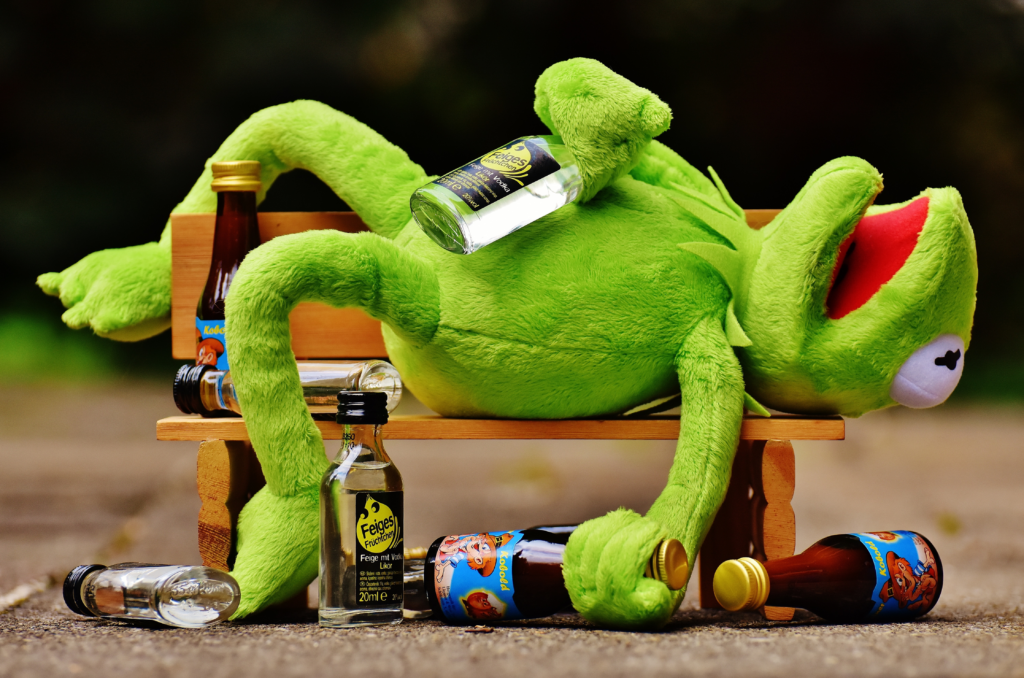
The current recommended upper limits of drinking in New Zealand are
- Females: Two standard drinks* daily AND – No more than ten standard drinks per week AND – At least two days with no drinking
- Males: Three standard drinks daily AND – No more than 15 standard drinks per week AND – At least two days with no drinking
*One standard drink in New Zealand equals 10 g of pure alcohol, e.g. a 100 mL glass of wine, a 330 mL can of beer or a 30 mL measure of spirits.
(from https://bpac.org.nz/2018/alcohol.aspx)
If you have any questions get in touch, we’d love to help!
If you’d like to learn about laser eye surgery then check out our other blogs about LASIK or SMILE surgeries. You can also book a free assessment or call us on 0800 733 327 for more information.

Common Medications Used in Laser Eye Surgery
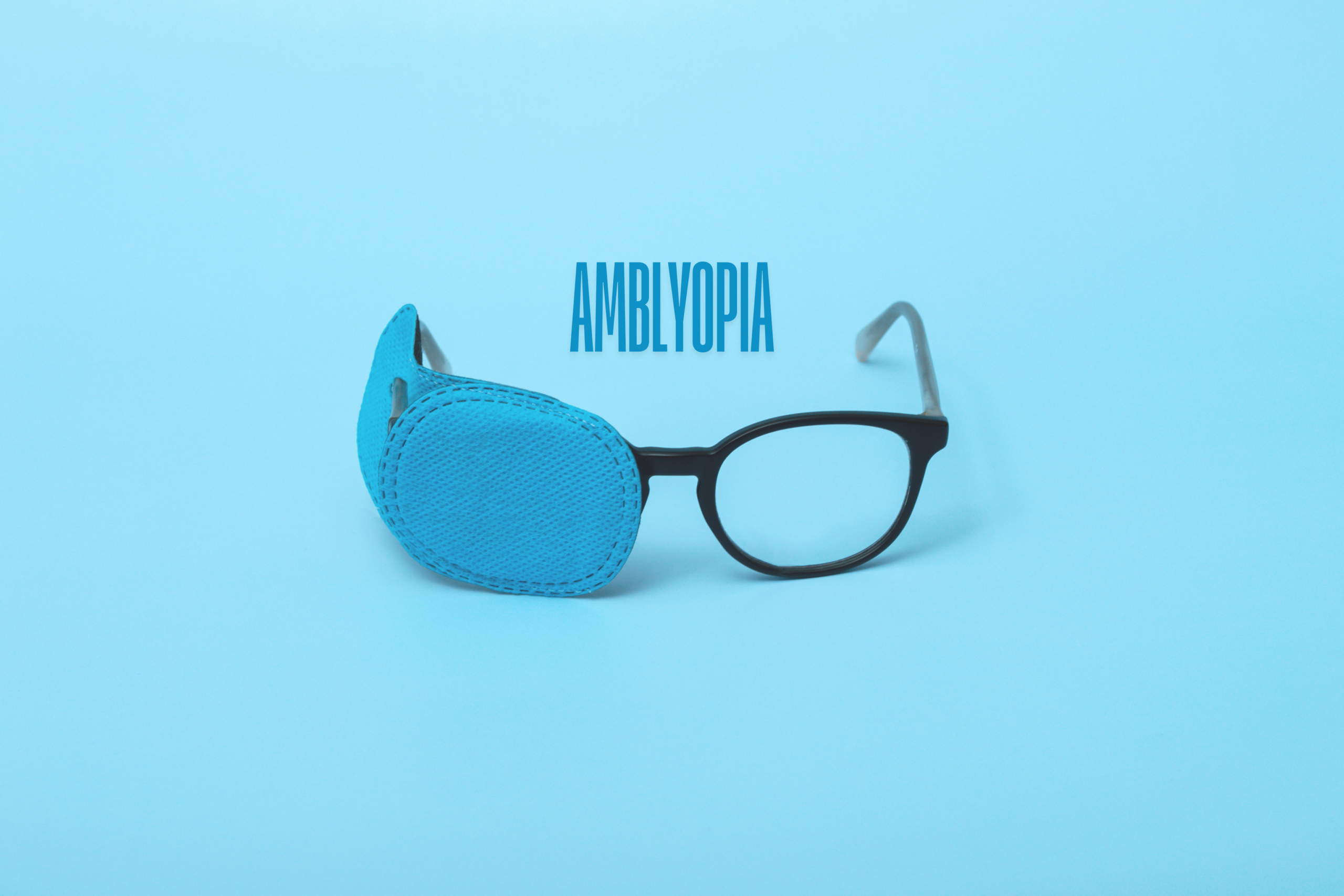
Amblyopia and Laser Eye Surgery

Meet The Team at the Wellington Eye Centre

How Much Does Laser Eye Surgery Cost in 2025?
